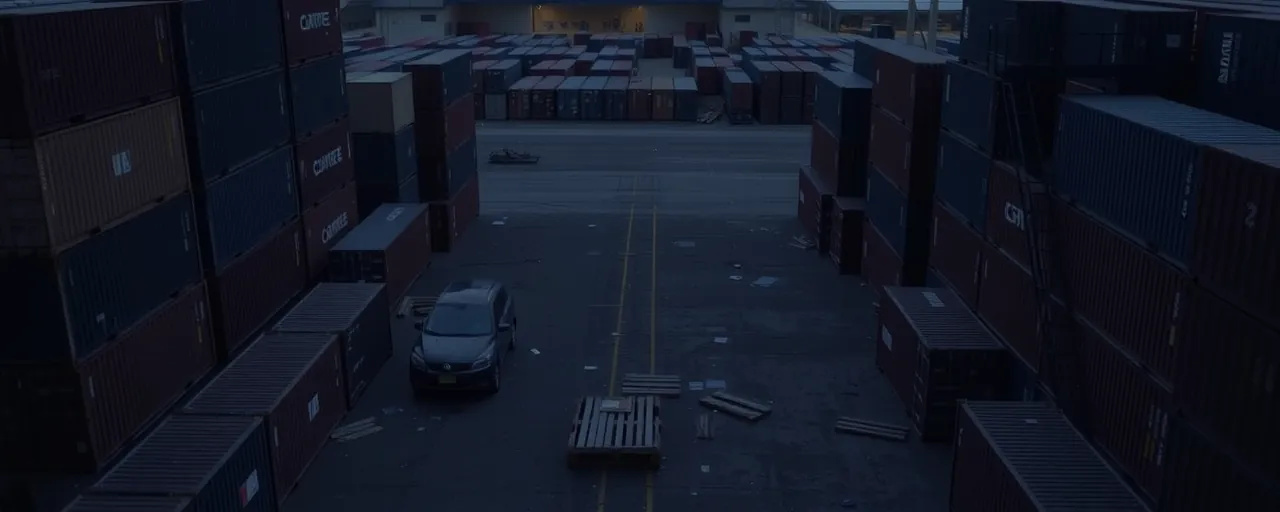A Strike Against American Strength
The U.S. Court of International Trade recently ruled that President Trump exceeded his authority by declaring a national emergency to impose broad tariffs. This decision, now on a fast track to the Supreme Court, threatens more than just trade policy. It challenges the president’s ability to act decisively in a world where economic threats move faster than congressional debates. The court insists that only Congress can regulate commerce, but that view dismisses the urgent need to protect American jobs and security from foreign exploitation.
For decades, America has watched its industries erode under unfair trade practices. China’s market manipulations and Canada and Mexico’s trade imbalances have cost us millions of jobs. Trump’s tariffs, authorized by the International Emergency Economic Powers Act, aimed to counter these threats by strengthening domestic manufacturing and securing supply chains. The court’s ruling, however, suggests the president must wait for lawmakers to act. In today’s global economy, that delay could cripple our competitiveness. Why should America’s future hinge on bureaucratic gridlock?
This decision sets a troubling precedent. If upheld, it could hamstring future presidents, leaving the nation vulnerable to economic and security risks. The presidency exists to confront crises, not to beg for permission. Tariffs are a critical tool to level the playing field, and stripping that power from the executive branch invites adversaries to exploit our weaknesses. The Constitution grants the president broad authority in foreign affairs, and trade policy is a core part of that responsibility.
Why Tariffs Matter
History proves that decisive executive action shapes America’s success. From Lincoln’s crisis leadership to Reagan’s economic reforms, presidents have used their authority to navigate turbulent times. The National Emergencies Act of 1976 empowers the president to act swiftly, whether sanctioning cartels or protecting industries. Trump’s tariffs, targeting nations that undermine U.S. interests, align with this legacy. The court’s demand for congressional approval ignores the reality that a divided Congress rarely acts quickly enough to address global trade threats.
Economic evidence supports the case for tariffs. Since the 1990s, China’s trade practices have decimated U.S. manufacturing, costing millions of jobs. The 2018-19 tariffs, while raising some prices, pressured China into trade concessions and preserved steel and aluminum industries. Studies estimate new tariffs could raise consumer costs by $950 to $3,600 per household, but the alternative—losing entire sectors to foreign competition—is far worse. Relying on adversaries for critical goods threatens our security. Tariffs, wielded by a strong executive, are a necessary defense.
Some argue that judicial oversight prevents executive abuse, citing cases like Youngstown Sheet & Tube, where the Supreme Court limited Truman’s domestic overreach. But trade policy, tied to foreign affairs, demands flexibility. The IEEPA grants the president broad authority for a reason: emergencies require speed. The court’s rigid stance undercuts the practical need for agility in trade wars. Congress’s inaction only highlights why the president must have the freedom to act.
Judges Overstepping Their Role
The judiciary’s job is to interpret laws, not to dictate how the president protects the nation. The Court of International Trade’s injunction, halting tariffs on China, Mexico, and Canada, assumes judges understand economic threats better than the executive. This ruling oversteps judicial bounds. The Constitution balances congressional commerce powers with the president’s foreign policy leadership. Tariffs, especially when linked to national security, fall within the executive’s domain. The IEEPA’s broad language exists to enable rapid responses, not to invite courtroom debates.
Past rulings, like those upholding Section 232 tariffs, recognized the president’s role in safeguarding national interests. This new decision breaks from that precedent, opening the door to endless legal challenges. If every tariff or emergency measure faces judicial scrutiny, America’s ability to compete globally falters. The court’s logic also contradicts the practical realities of trade policy, where delays can cost jobs and leverage. Why should unelected judges have the final say on America’s economic future?
Opponents, including small businesses and state governments, claim tariffs hurt consumers. Yet these same groups stayed silent when previous policies fueled inflation. Their complaints seem driven by politics, not concern for the public. Short-term price increases pale in comparison to the long-term damage of losing industries to foreign competitors. America’s strength depends on a president who can act, not one tethered by judicial overreach.
Restoring Presidential Authority
The Supreme Court has an opportunity to correct this dangerous ruling. It must affirm that the president, not judges, is best equipped to tackle economic and security challenges. The IEEPA and National Emergencies Act empower decisive action, and the court should respect that framework. Upholding this injunction would embolden adversaries who exploit our trade vulnerabilities and weaken America’s global standing.
Congress also has a role to play. Rather than letting courts erode executive power, lawmakers should clarify the president’s authority to act in emergencies. Proposals requiring congressional approval, like H.R.125, risk paralyzing the executive in times of crisis. A better solution is to streamline oversight while preserving the president’s ability to respond swiftly. America needs a leader who can protect our interests, not one bogged down by red tape.
This battle transcends tariffs. It’s about ensuring the president, chosen by the people, has the tools to secure our economy and sovereignty. The judiciary must respect that mandate, not undermine it. If this ruling stands, we risk losing our edge in a ruthless global market. America deserves a president free to fight for its future, and we must demand nothing less.
